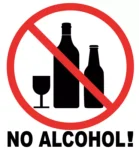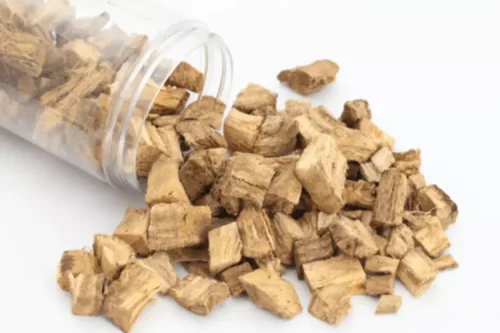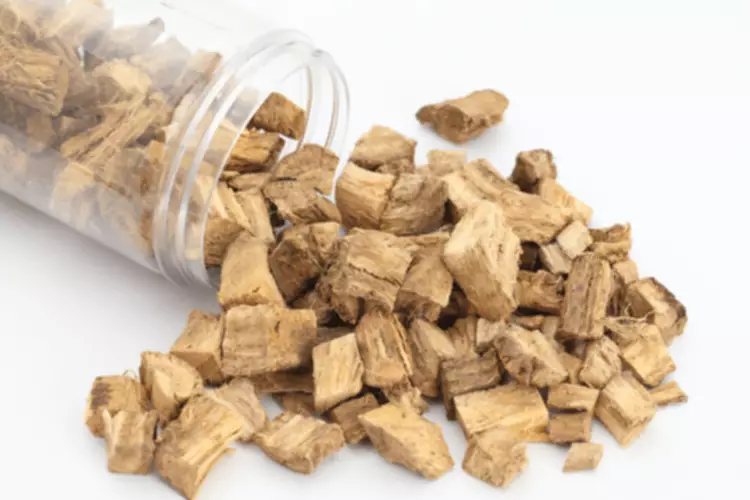
The primary culprit is ethanol, the active ingredient in alcoholic beverages. This widening can result in increased blood flow to certain areas, including the nasal passages. Individual sensitivity to histamine varies, and not everyone will experience allergic-like reactions to histamine-rich alcoholic beverages. Additionally, moderation and paying attention to personal tolerance levels can also be beneficial in managing histamine-related symptoms. Additionally, certain alcoholic beverages, such as wine, may contain sulfites and other additives that can trigger allergic-like symptoms in sensitive individuals.

How is alcohol allergy diagnosed?

While sinus congestion after drinking beer is typically not a serious concern, severe or persistent symptoms may warrant medical attention to rule out underlying allergies or intolerances. Some people may experience mild nasal congestion after consuming small amounts of alcohol, while others may experience more severe congestion after heavy drinking. It’s also worth noting that certain types of alcohol, such as red wine and beer, may be more likely to cause nasal congestion due to the presence of histamine and other allergens. Understanding the relationship between alcohol consumption and nasal congestion can help individuals take steps to mitigate its effects and maintain good respiratory health. If you have a stuffy nose but don’t experience other common symptoms, alcohol intolerance may not be the culprit. Beer and wine have high levels of histamine, and alcohol dilates the blood vessels in your nose.
➤ Cold beverages may irritate the nasal passages in some people.
If you still experience nasal congestion after switching types alcoholism treatment of wine, consider limiting your intake or avoiding red wine altogether. It is important to be aware of potential side effects and allergic reactions that you may experience when drinking alcohol. If you take any medications, it is especially important to familiarize yourself with their potential interactions with alcohol.
Understanding Histamines and Alcohol

The causes of alcohol intolerance are sulfites or other preservatives, chemicals, grains, or other components, and histamine. Inadequate hydration leads to thicker mucus production, making it harder for your body to expel it from the sinuses effectively. Understanding the physiological mechanisms behind why alcohol causes congestion requires delving into biological processes involving histamine release and inflammation response. In most cases, alcohol-induced congestion is a temporary and harmless condition.

One of the primary effects of alcohol is vasodilation, or the widening of blood vessels, which can lead to increased blood flow and a range of physiological responses. The disruption of natural mucus clearance can also lead to a buildup of bacteria and other debris in the sinuses, which can cause inflammation and infection. This can be particularly problematic for people who already have underlying sinus issues, such as chronic sinusitis. In these cases, consuming alcohol can exacerbate existing symptoms and make it more challenging to manage the condition.
- If you are experiencing these symptoms, consulting a healthcare professional is recommended to identify the underlying cause and determine the most appropriate course of action.
- Histamines are organic compounds found in many foods and beverages, including wine.
- For those who do find themselves experiencing nasal congestion after drinking red wine, it is important to remember that it is often temporary and should clear up on its own.
- In addition, alcohol can also increase inflammation in your airways, leading to further discomfort.
- It can also amplify the stimulating effects of decongestants, resulting in irregular heartbeats and high blood pressure.
Alcohol Sensitivity Symptoms
Individuals with asthma are especially prone to sulfite-related reactions, making certain alcoholic drinks more problematic. The benefits of quitting or reducing alcohol consumption on respiratory health can be significant, and can vary depending on the individual and the amount of alcohol consumed. For example, individuals who quit drinking alcohol may experience an improvement in lung function and a reduction in symptoms such as wheezing and coughing. Those who reduce their alcohol consumption may also experience an improvement in respiratory health, although the benefits may be less pronounced than those who quit drinking altogether. By quitting or reducing alcohol consumption, individuals can take a significant step towards improving their overall health and reducing their risk of respiratory problems. It’s essential to consult with a healthcare provider before making any significant changes to alcohol consumption, as they can provide guidance and support throughout the process.

Alcohol Allergies
Additionally, alcohol causes vasodilation, or the nasal congestion after drinking alcohol expansion of blood vessels, which can lead to nasal congestion. To alleviate congestion, some people use OTC nasal sprays, antihistamines, or nasal steroids. However, in some cases, what appears to be alcohol intolerance might actually be an allergic reaction to other ingredients in alcoholic beverages, such as grains, preservatives, or chemicals. These can include common allergens found in beer, such as yeast, hops, barley, and wheat. For example, red wine is more likely to cause a reaction due to its high histamine content, and beer contains sulfites, which can also trigger allergic reactions.
Avoiding Alcohol-Induced Congestion: Tips & Tricks
People with Vasomotor rhinitis usually experience congestion after drinking alcohol. This is because alcohol causes dehydration in the nasal and sinus cavities, which leads to an increase in mucus production. Dehydration also results in narrowing of the blood vessels around the nose, causing them to become inflamed and more sensitive to irritation. The thickened mucus and inflamed blood vessels lead to nasal congestion and discomfort. In some people, alcohol can also cause an allergic reaction that results in congestion.
- Wine can cause a histamine release, and it has been found that red wine affects histamines significantly more than white wine.
- In very rare cases, reactions to alcohol may be a sign of Hodgkin’s lymphoma.
- Azelastine nasal spray, for example, can have its side effects intensified when mixed with alcohol.
- Yes, certain races are more tolerant to alcohol due to genetic variations affecting alcohol metabolism.
Condition Spotlight
Several factors contribute to this unwelcome reaction, ranging from individual sensitivities to the very chemical composition of alcoholic beverages. Understanding these underlying causes can help you manage or even prevent this irritating response. While azelastine nasal spray is a useful treatment for allergies, it is important to be aware of its potential side effects and interactions with other substances, such as alcohol. According to the official medication guide, azelastine nasal spray may cause drowsiness. Therefore, drinking beer, or any other form of alcohol, while using this medication may increase the risk of experiencing side effects such as dizziness and drowsiness.